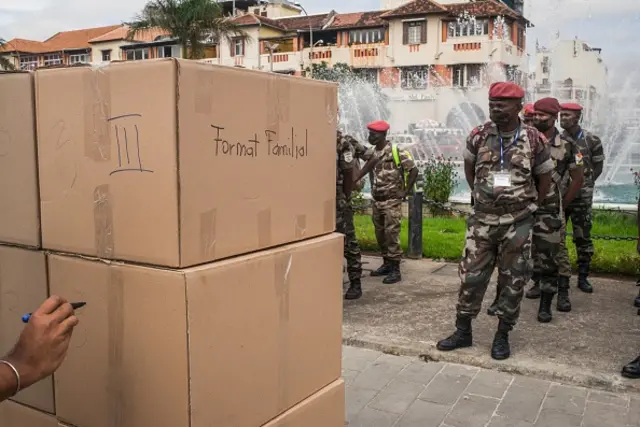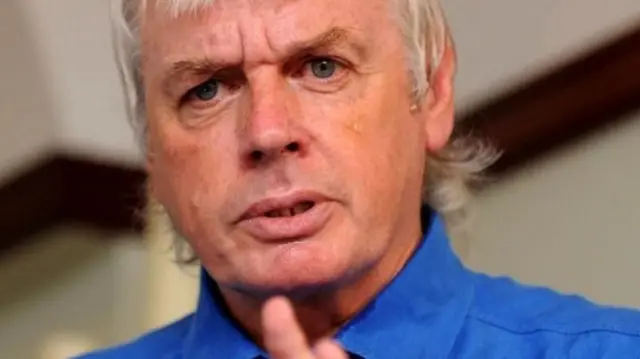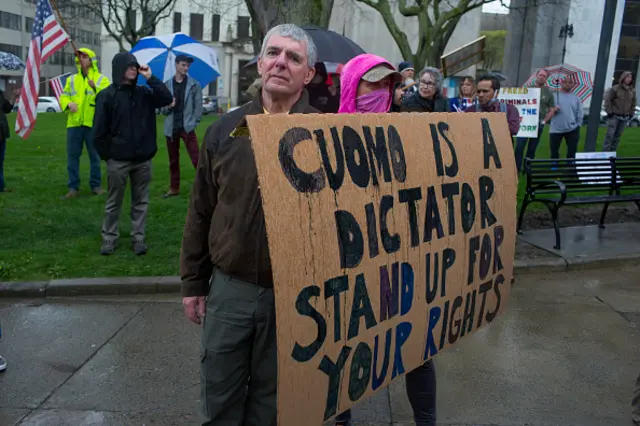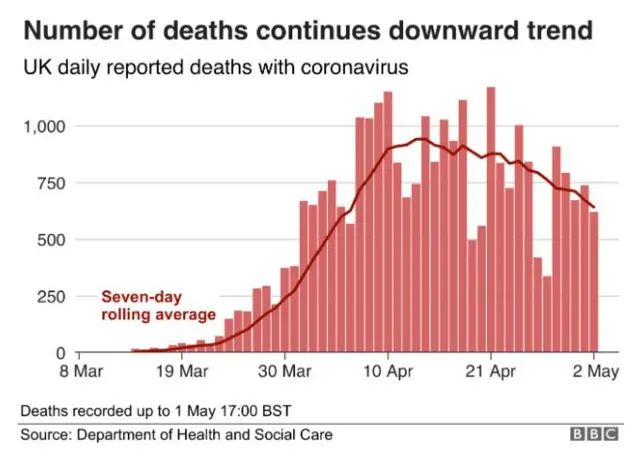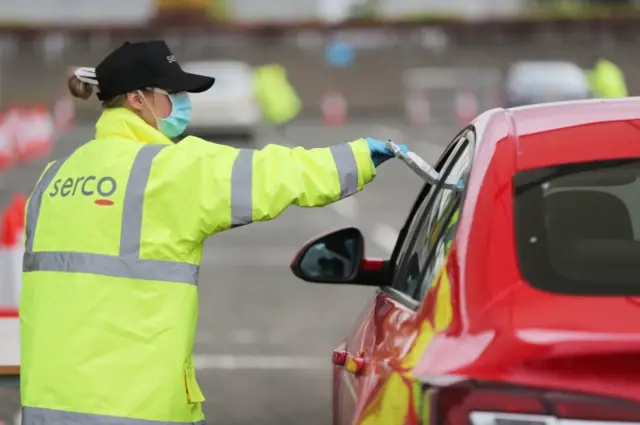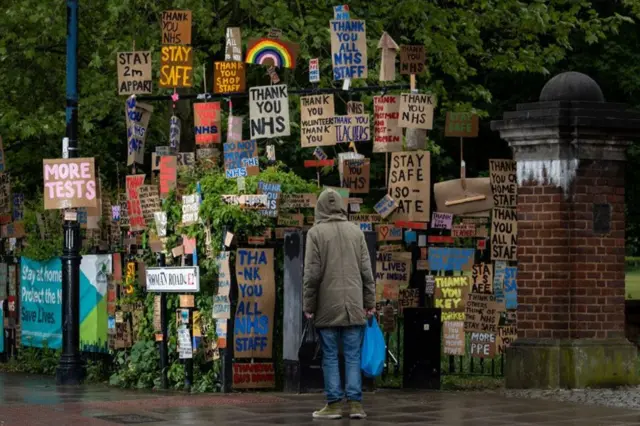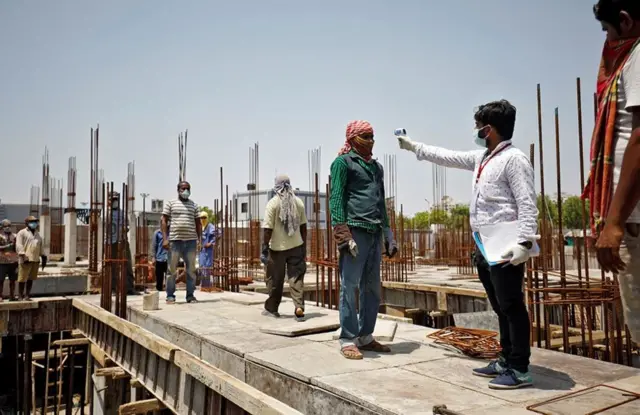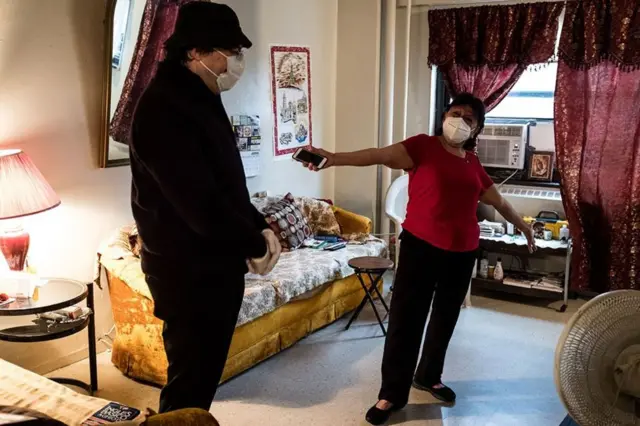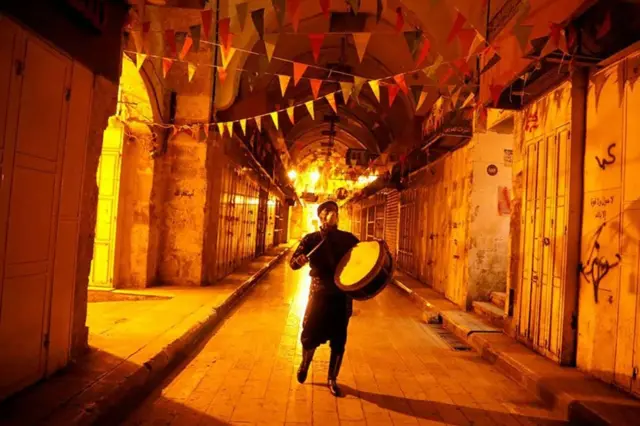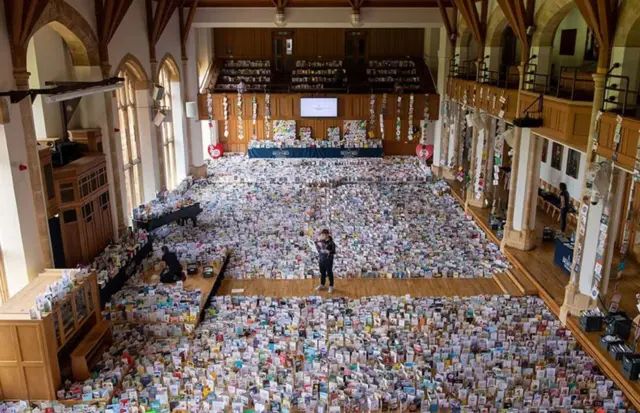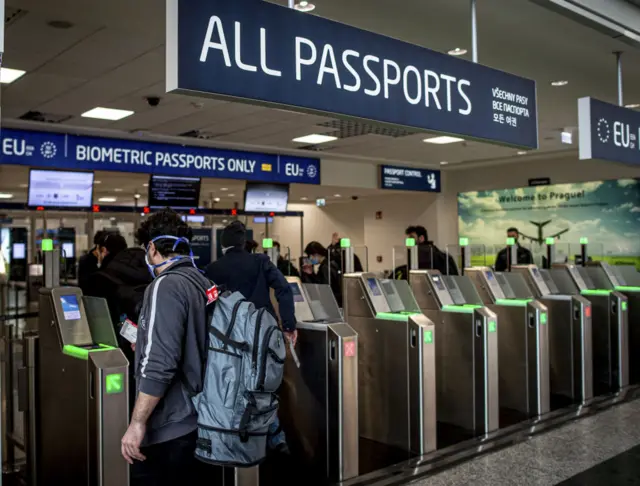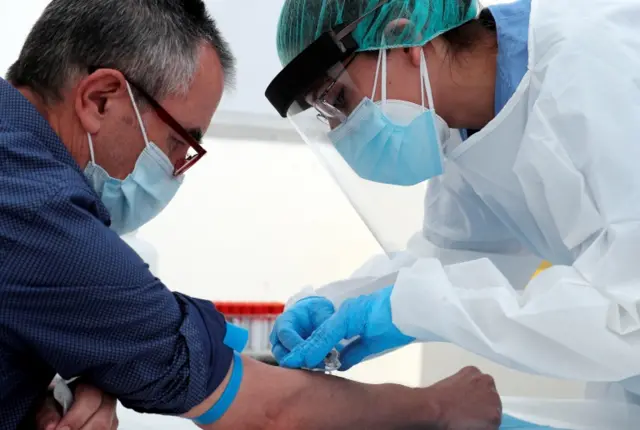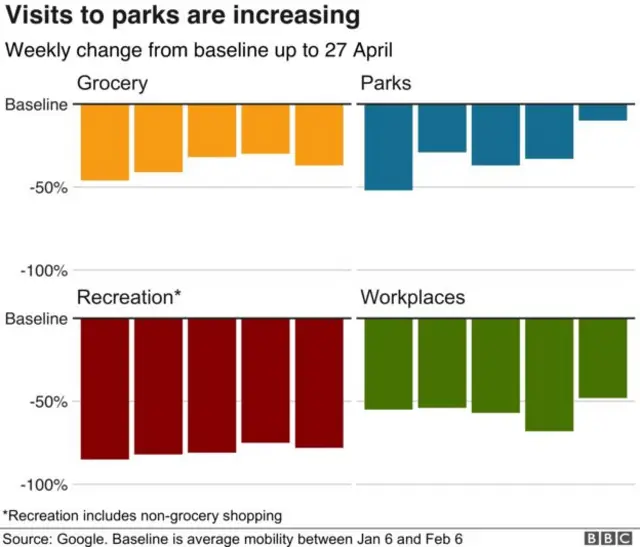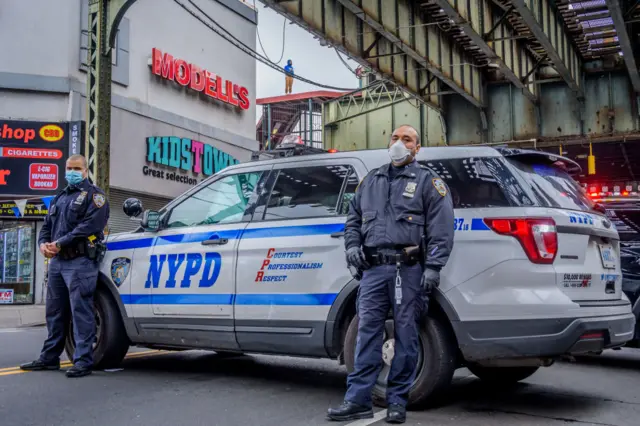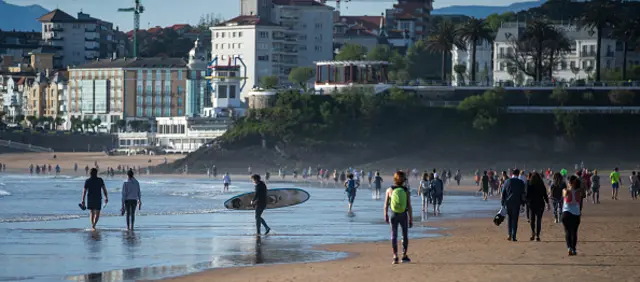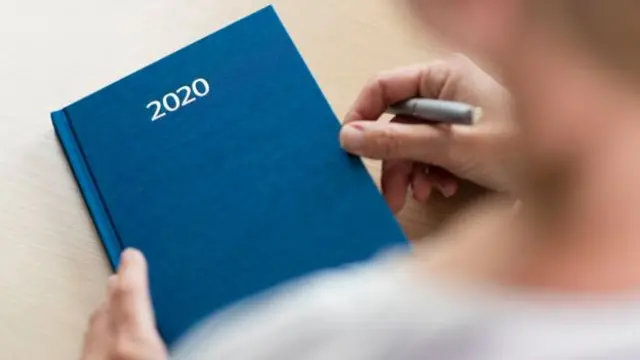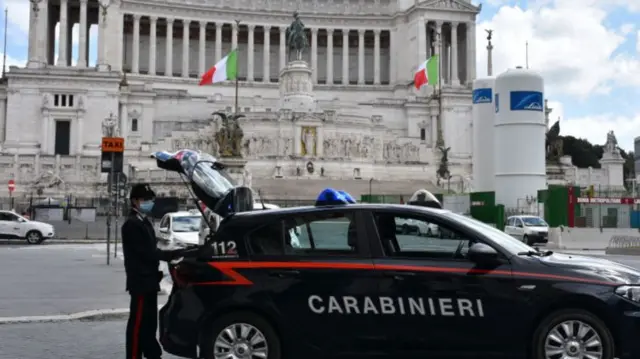A pause in our live coveragepublished at 22:01 BST 2 May 2020
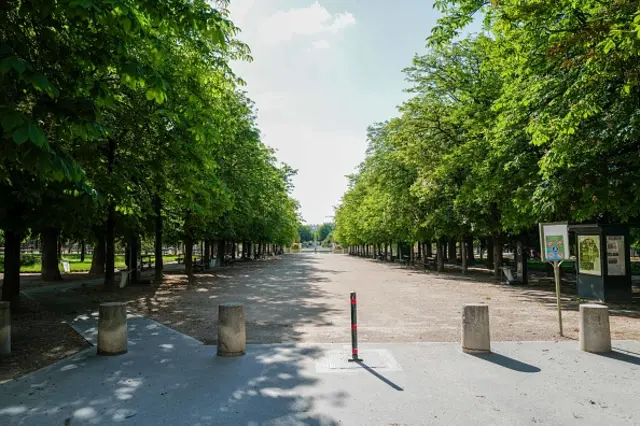 Image source, Getty Images
Image source, Getty ImagesWe're going to pause our live coverage now - thank you for joining us today. We'll be back from Sunday morning UK time but, as always, we'll continue to bring you any major developments on the BBC News website. We hope you are keeping safe and well, wherever you are.
Here's what happened today.
- UK deaths linked to the virus rose by 621 to 28,131, but the death rate is slowing
- The UK government pledged to spend £76m ($95m) to support the country's most vulnerable people. The new funding is intended to help vulnerable children and victims of domestic violence and modern slavery
- More than 65,000 coronavirus-related deaths have been reported in the US, according to the Johns Hopkins University, but experts fear the real figure could be much higher
- Around half of US states have started relaxing lockdown measures but the governor of New York said such a move would be premature in his state, the worst-hit in the country
- People took to the streets in Spain to walk, jog and cycle after restrictions on outdoor exercise were eased. Face masks will be compulsory on public transport from Monday
- Both France and Italy recorded fewer than 200 deaths in a 24-hour period - they are among the worst-affected countries in Europe but hope is rising as the daily death tolls fall
- Conspiracy theorist David Icke was banned by YouTube for posting misleading videos on the coronavirus
You've been kept up-to-date today by:
Jim Todd, Deirdre Finnerty, David Walker, Kathryn Snowdon, Kevin Ponniah, George Wright, Kelly-Leigh Cooper, Shamaan Freeman-Powell, Saj Chowdhury, Ben Collins, Neil Johnston and Paul Gribben
